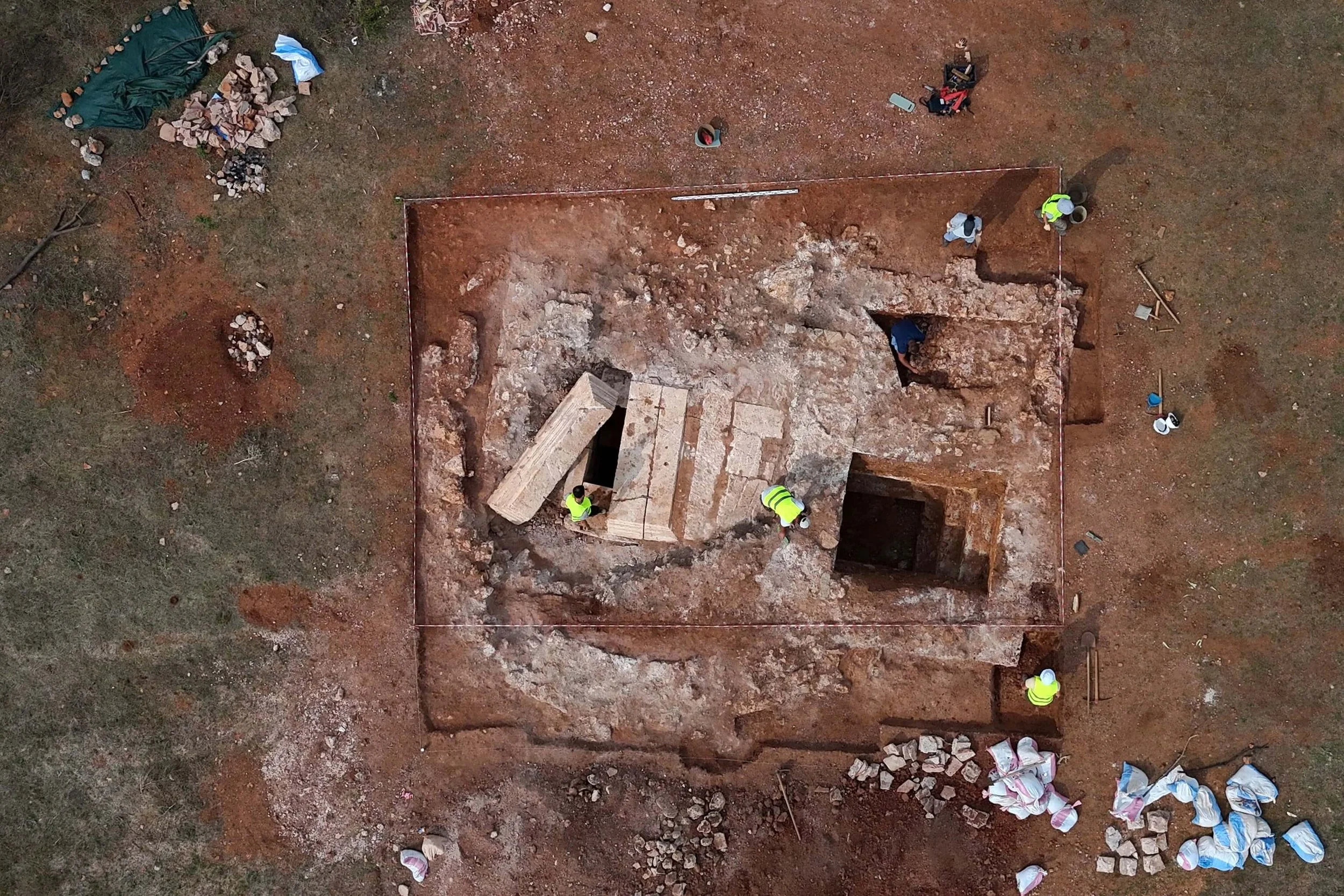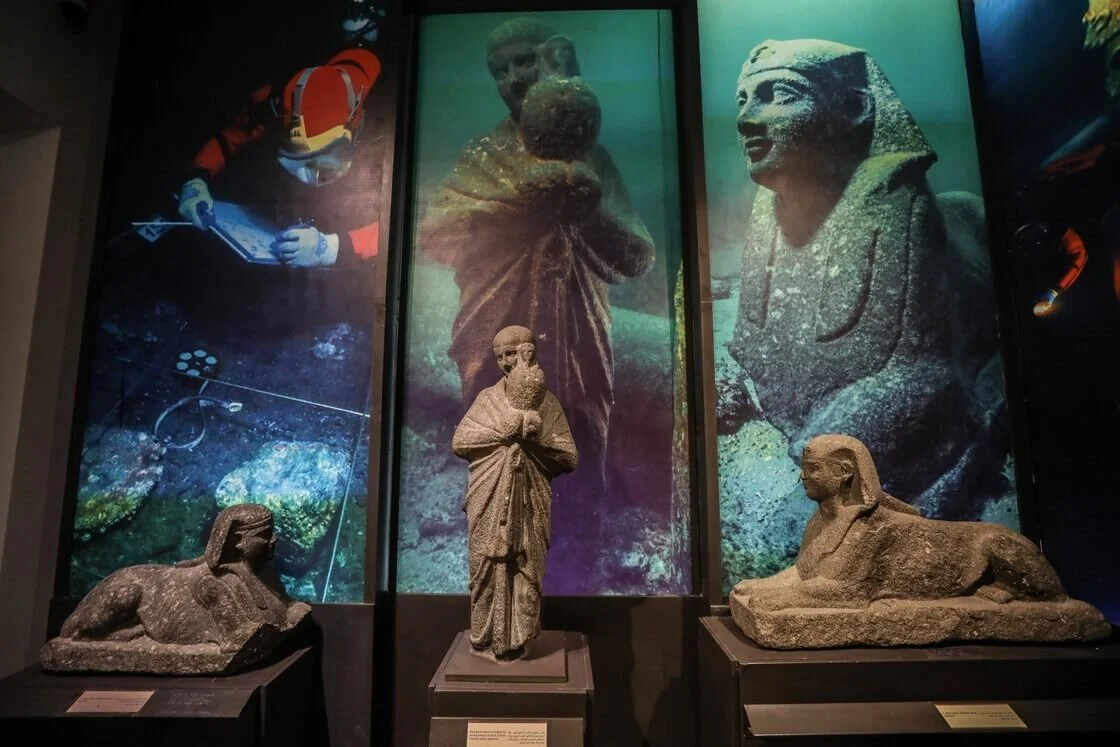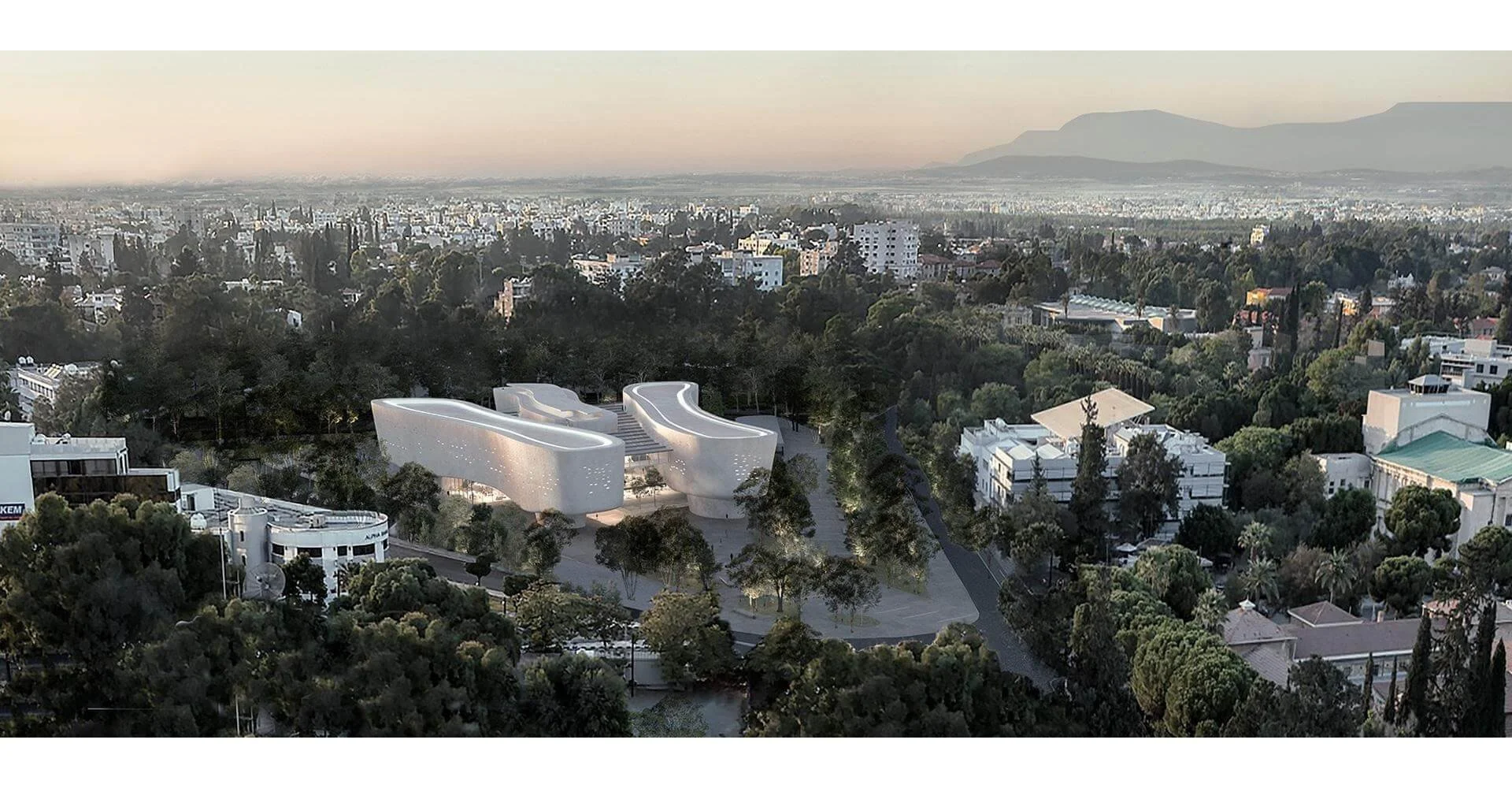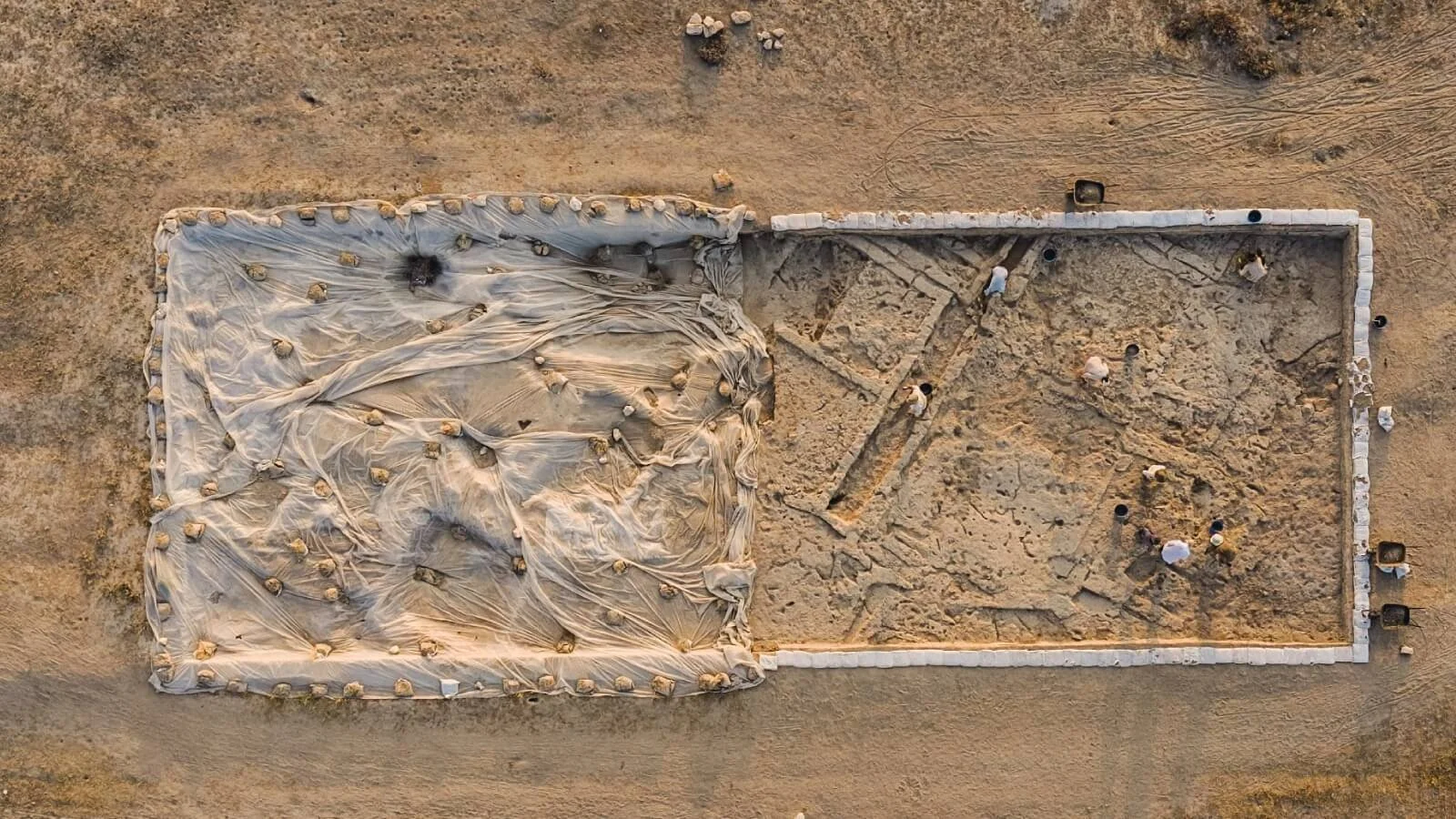Ancient Mesopotamians were among the first civilizations to systematically study the stars, pioneering early astronomy that greatly influenced timekeeping, religious beliefs, and scientific advancements. Their observations of celestial movements laid the foundation for later astronomical traditions in other cultures.
Mesopotamian astronomers meticulously recorded the positions of the stars, planets, and the moon, developing one of the earliest known celestial calendars. These observations allowed them to create a lunisolar calendar, which played a crucial role in agriculture, governance, and religious festivals. The division of the year into 12 months and the use of a 60-based numerical system, still evident in modern timekeeping, originated from their astronomical studies.
Astronomy was deeply intertwined with religion in Mesopotamian society. Celestial bodies were associated with deities, such as Shamash (the sun god), Sin (the moon god), and Ishtar (associated with Venus). Priests acted as astronomers, interpreting omens based on planetary alignments and eclipses, which were believed to signal divine messages influencing political and social decisions.
Their systematic approach to sky-watching also led to the creation of star catalogs, detailed records of planetary movements, and the prediction of lunar and solar eclipses. These advancements not only influenced later Babylonian and Greek astronomy but also left a lasting impact on modern astronomical studies.
The legacy of Mesopotamian astronomy is still evident today, with many of their innovations forming the basis of modern timekeeping, astrology, and astronomical methodologies. Their early work showcases the deep connection between science, religion, and the quest to understand the cosmos.







